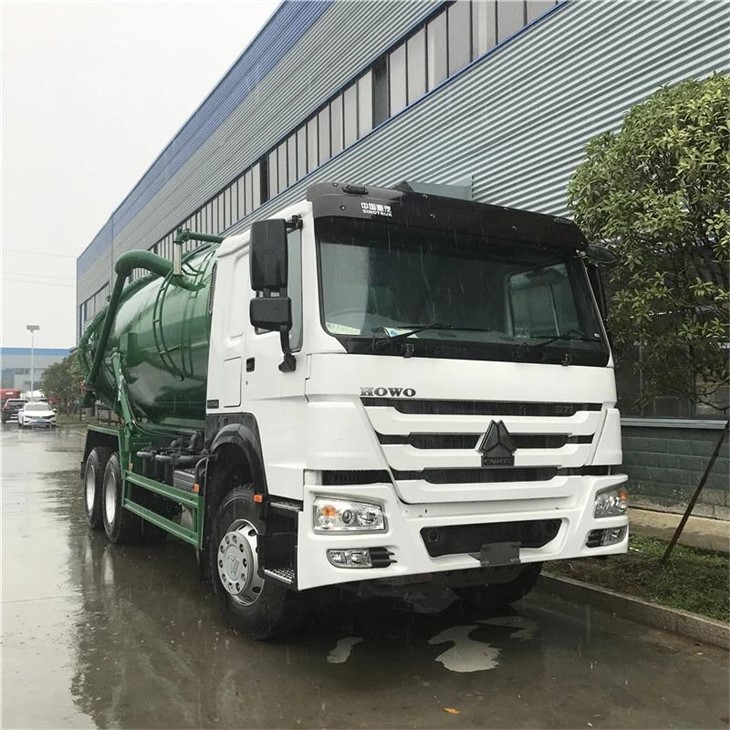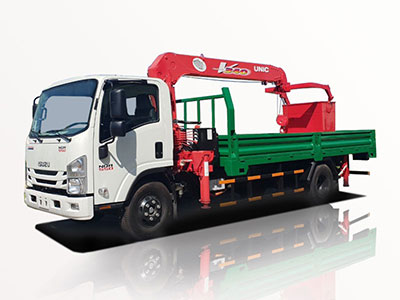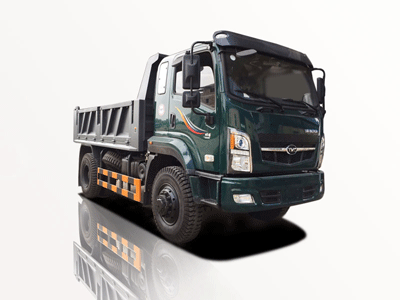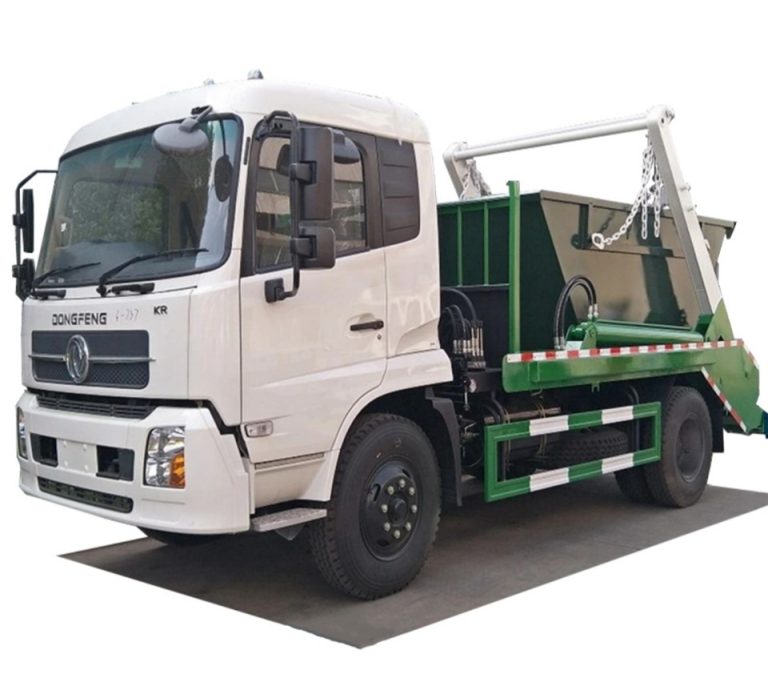As urbanization accelerates globally, effective waste management systems have become a necessity. Waste truck manufacturers play a pivotal role in this industry, providing vehicles that are essential for collecting and transporting waste efficiently. This article delves into the world of waste truck manufacturers, exploring the technologies they employ, the types of trucks available, and the key players in this sector.
Understanding Waste Trucks
What Are Waste Trucks?
Waste trucks are specialized vehicles designed for the collection and transportation of solid waste. They come in various designs and sizes, adapted for specific waste management needs, including residential garbage collection, commercial waste disposal, and recycling operations.
Types of Waste Trucks
There are several types of waste trucks, each serving different purposes:
- Rear-Loader Trucks: Ideal for residential waste collection, these trucks dump waste into the back through a lift system.
- Front-Loader Trucks: Commonly used for commercial waste collection, they have forks that lift dumpsters directly.
- Sideloaders: These trucks have a side-loading mechanism, allowing for efficient collection in narrow streets.
- Roll-Off Trucks: Designed for transporting large containers filled with waste, commonly found at construction sites.
The Importance of Waste Truck Manufacturers
Innovation and Technology in Waste Management
Waste truck manufacturers are at the forefront of technological advancements in waste management. Innovations include:
- Automated Collection Systems: Reducing labor costs and increasing efficiency, these systems use sensors and robotics for waste collection.
- Electric Waste Trucks: With sustainability in focus, electric trucks are gaining popularity, reducing carbon footprints.
- Smart Waste Management Solutions: Integration of IoT technology to monitor waste levels in real-time, optimizing collection routes.
Choosing the Right Manufacturer
Selecting the right waste truck manufacturer involves considering various factors:
- Experience: Look for manufacturers with a proven track record.
- Customization: Many waste management needs require customized solutions; ensure the manufacturer can accommodate specific requirements.
- Service and Support: Consider manufacturers who provide reliable after-sale service and support.
Top Waste Truck Manufacturers Globally
Key Players in the Industry
Several prominent waste truck manufacturers lead the market:
| Manufacturer | Country | Notable Features |
|---|---|---|
| Peterbilt | USA | Customizable vehicles and advanced safety features. |
| Freightliner | USA | Electric truck options and robust designs for heavy use. |
| Scania | Sweden | Focus on sustainability with fuel-efficient models. |
| Volvo | Sweden | Integrated safety technology and ergonomic cab designs. |
| MAN | Germany | Innovative drive technology and optimized waste collection solutions. |
Regional Manufacturers
In addition to global giants, many regional manufacturers cater to local markets with tailored solutions. For example:
- Garbage Trucks of America: Focuses on the US market with affordable, efficient waste collection vehicles.
- AVANT: Based in Finland, specializes in small-sized waste collection vehicles designed for urban areas.
Emerging Trends in Waste Truck Manufacturing
Green Technology
Manufacturers are increasingly focusing on environmentally friendly technologies. Electric waste trucks are leading the way by providing low-emission alternatives. Some manufacturers also experiment with bio-compressed natural gas (CNG) to power their vehicles.
Telematics and GPS Optimization
Telematics systems are transforming waste management by providing data on truck location, fuel consumption, and maintenance schedules. GPS-enabled routing helps waste companies optimize collection routes, reducing fuel costs and improving efficiency.
Driver Assistance Systems
Enhancements in safety are achieved through advanced driver assistance systems (ADAS), which include lane-keeping assist, collision warning systems, and automatic braking. These systems not only help in reducing accidents but also enhance the overall driver experience.
Challenges Faced by Waste Truck Manufacturers
Regulatory Compliance
Manufacturers must navigate complex regulations regarding vehicle emissions, safety standards, and waste disposal methods. Compliance can be costly and time-consuming, but it is essential for market access.
Competition and Market Saturation
With numerous manufacturers in the market, competition is fierce. Differentiating their products through innovation, technology, and customer service is critical for survival.
Tips for Optimizing Your Waste Management Fleet
Conduct Regular Maintenance
To ensure the longevity and efficiency of waste trucks, regular maintenance schedules should be established. This helps avoid costly repairs and downtime.
Invest in Training Programs
Driver training programs can significantly enhance safety and efficiency. Providing staff with the knowledge to operate advanced machinery can lead to more effective waste collection operations.
Utilize Data Analytics
Implementing data analytics can help waste management companies track performance, identify inefficiencies, and optimize operations. Access to real-time data supports better decision-making.
Case Studies of Successful Waste Management Companies
Case Study 1: Waste Management Inc.
Waste Management Inc., a leader in the industry, deployed electric waste trucks in select urban areas, significantly reducing their carbon footprint. By integrating IoT sensors, they optimized collection routes, leading to cost savings and improved service delivery.
Case Study 2: Republic Services
Republic Services implemented telematics systems across their fleet, resulting in a 15% reduction in fuel costs. The real-time data gathered allowed them to adjust routes dynamically, improving efficiency and service reliability.
Frequently Asked Questions (FAQ)
1. What types of waste trucks are available for purchase?
Waste trucks are available in various types, including rear-loaders, front-loaders, sideloaders, and roll-off trucks, each tailored for specific waste handling needs.
2. How do waste truck manufacturers ensure their vehicles meet environmental regulations?
Manufacturers conduct extensive testing and incorporate advanced technologies into their vehicles, such as electric power options and low-emission engines, to comply with environmental regulations.
3. What factors should I consider when choosing a waste truck manufacturer?
Consider factors like the manufacturer’s reputation, product range, customization options, servicing and support, and cost-effectiveness before making a decision.
4. Are electric waste trucks worth the investment?
Electric waste trucks can lead to significant savings in fuel costs, reduce maintenance expenses, and offer tax benefits. Over time, they provide a cost-effective and environmentally friendly solution.
5. How can I optimize my waste collection operations?
Optimizing waste collection can be achieved by utilizing data analytics, implementing regular vehicle maintenance, investing in driver training, and adopting new technologies like telematics.
6. What role does telematics play in waste management?
Telematics allows for real-time monitoring of truck performance and fuel consumption, helping companies make informed decisions about routes and maintenance, ultimately leading to cost savings and efficiency gains.



